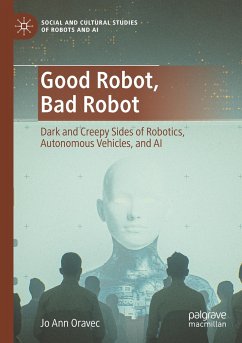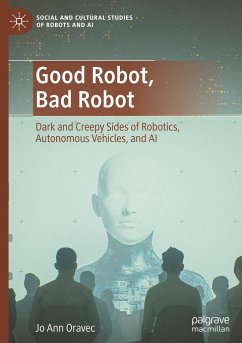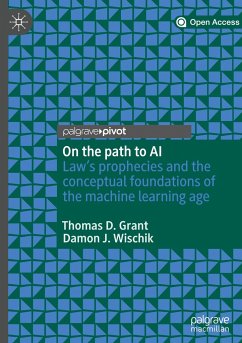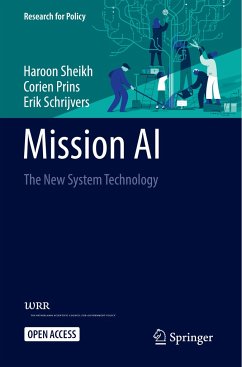
Humane Autonomous Technology
Re-thinking Experience with and in Intelligent Systems
Herausgegeben: Rousi, Rebekah; von Koskull, Catharina; Roto, Virpi
Versandkostenfrei!
Versandfertig in 6-10 Tagen
38,99 €
inkl. MwSt.

PAYBACK Punkte
19 °P sammeln!
This open access book takes a human-focused multidisciplinary look at the ways in which autonomous technology shapes experience, affecting human lives and ways of working in settings ranging from the arts, design, and service to maritime and industry. The book focuses on the humane, observing how technology can be designed and implemented in an ethical, human-centered way. Chapters in this book highlight factors that impinge on the humane and ethical, such as challenging questions of intellectual property rights, roles of humans, biases, and the uptake of other deviant human traits. Through de...
This open access book takes a human-focused multidisciplinary look at the ways in which autonomous technology shapes experience, affecting human lives and ways of working in settings ranging from the arts, design, and service to maritime and industry. The book focuses on the humane, observing how technology can be designed and implemented in an ethical, human-centered way. Chapters in this book highlight factors that impinge on the humane and ethical, such as challenging questions of intellectual property rights, roles of humans, biases, and the uptake of other deviant human traits. Through delving into a range of dimensions and contexts from culture, the arts and design, to service, heavy industry and maritime, the contributors demonstrate that artificial intelligence and its related autonomous systems need to be understood holistically, as a system of systems, that should be working for the benefit of human present and future.














